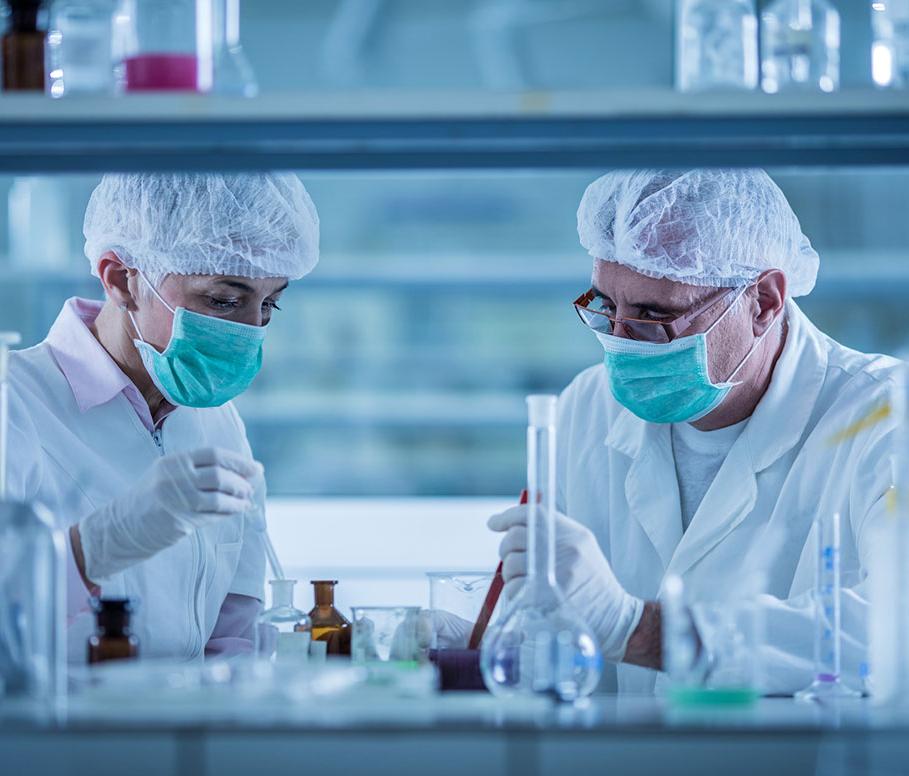Intellectual property incentives have been, and continue to be, vital to pharmaceutical innovation, yet the potentially life-changing value they provide is being threatened in Europe. Newly released proposals from the European Commission will weaken European Union intellectual property incentives critical for the development of new therapies, putting the health of its citizens and economy at risk.
Specifically, the Commission is proposing manufacturing waivers for supplementary protection certificates (SPC), which can extend patent protection for innovative medicines that faced lengthy regulatory approval delays by up to five years. This amendment introduces an “export for manufacturing” waiver which would allow EU-based manufacturers to produce and export innovative medicines for regions outside the EU market during the SPC term, where protection has expired or never existed.
Independent studies have made explicit estimates on the societal risk with SPC waivers. In fact, one analysis noted the waiver would cost the European innovative pharmaceutical industry up to 7,700 direct and 32,000 indirect job losses, and a loss of €312 million in R&D investment.
Not only will measures like a potential SPC waiver threaten the fragile EU economy – but patients will ultimately lose with less access to tomorrow’s breakthroughs and cures.
SPCs have been in place since the 1990s, and the Commission’s own study is one of many that demonstrate biopharmaceutical incentives like SPCs work for EU patients and economies alike. When key European Union (EU) intellectual property incentives like SPCs were put in place, European patients have benefitted from more than 1,100 new medicines coming to market (Source: Evaluate Pharma Database).
However, the Commission’s study also concludes that an SPC waiver, which would shorten an already shrinking period of effective patent protection (the period from marketing authorization to going off patent), will cause EU life sciences companies to invest less in research and development (R&D) on innovative medicines. Some key insights:
- The study notes SPC and other measures have created some of the strongest intellectual property protections in the world, but even that protection is weakening with “average effective protection period…decreas[ing] by approximately two years from 15 to 13 years.”
- In addition, the development time for a medicine is increasing, likely due to additional regulatory requirements or longer approval times, according to study authors.
- The analysis also makes the case that R&D is “highly risky” and without protections, “innovators will be reluctant to invest in R&D.”
In an environment where intellectual property incentives are effectively weakening, yet are critical to future innovation, the EU should be doing more – not less – to encourage innovation. Not only will measures like a potential SPC waiver threaten the fragile EU economy – but patients will ultimately lose with less access to tomorrow’s breakthroughs and cures.


